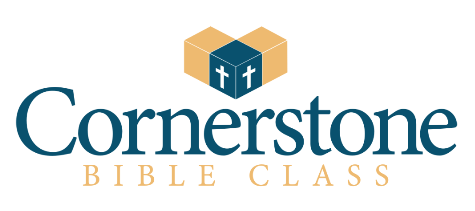
Today, we dealt with verses 11-16, 6 verses that are used so often to mislead and misdirect believers, focusing on things that do not hold to the same importance as doctrine. There is a powerful statement concerning the study of scripture, that we must remember: All the Bible is equally true, but all the Bible is not equally important. It is very close to the axiom we quote often in class: All the Bible was not written to me, but all the Bible was written for me. 2 Timothy 3:16-17 clarifies this truth by giving us the 4 purposes of scripture, in descending order – most important to least important.
2 Timothy 3:16-17: All scripture is given by inspiration of God, and is profitable for doctrine, for reproof, for correction, for instruction in righteousness: That the man of God may be perfect, thoroughly furnished unto all good works.
The Bible is equally true, but not equally important — Doctrine (what is right) is first and foremost for growing in Christ. Reproof (what is not right) is a natural response to receiving doctrine into one’s life. The self-examination that occurs when the Word of God begins impact our lives, cleanses us from the inside out. Correction (how to make it right) follows reproof by giving us the path to maturity and Christlikeness. Instruction in righteousness (how to keep it right) gives us basic instruction on a life that is well pleasing to God.
Verses 11-16 was all about the issue of first century cultural issues facing the new believers in Corinth. They were judging each other’s spiritual maturity by how they dressed and what they wore. Paul told Timothy in 1 Timothy 2:9-10 it was all about modesty. Wearing your hair one way or another might reveal something to the culture of the day, so be aware that who you are in Christ is most important. Paul clarifies the issue of cultural morays and folkways by saying in verse 16, We have no such custom in the churches of God.
